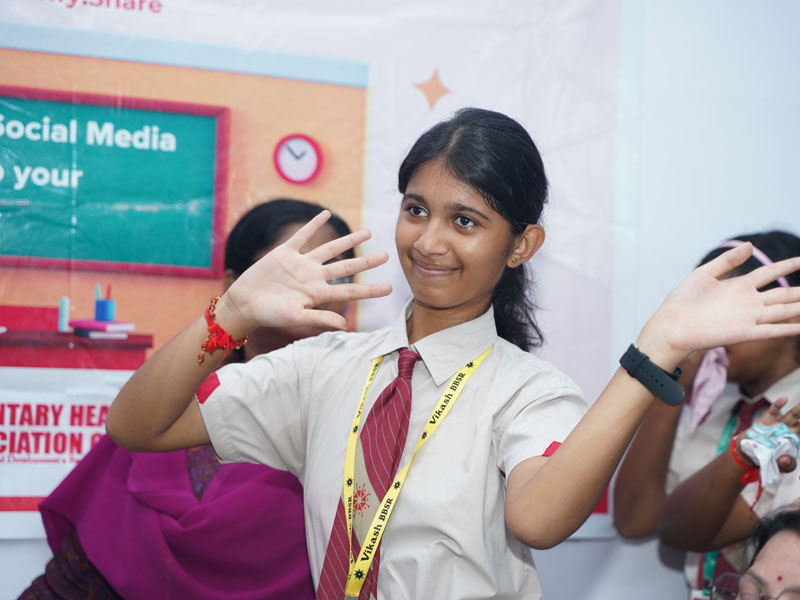Digitalization has brought about profound transformations in the world, much like globalization and urbanization. The impact of digitalization on our lives has been far-reaching, touching almost every aspect of modern existence. In the modern era, the internet has become an indispensable part of our daily lives, playing a pivotal role that cannot be ignored. As technology has advanced and digital tools have become accessible, the way we work, communicate, learn, and even socialize has undergone significant changes.
The COVID-19 pandemic has further emphasized the importance of the internet and digital tools in our lives. In India, especially among the youth, social media has become a common means to access information regarding current affairs, health-related, COVID-19, and what not. During COVID-19, online classes have become a necessary means of education, leading to an increased number of children gaining internet access for their studies. However, this increased internet usage has also exposed them to false information and misinformation through social media and online platforms.
During the pandemic, rumors, stigma, and conspiracy theories spread like wildfire, making it challenging for people to find reliable information. It also led to the erosion of trust in health institutions hindered the effective management of public health threats. Beyond the tangible consequences, misinformation can harm both physical and mental health, promote stigmatization, and lead people to disregard vital public health measures, causing panic and anxiety. It is crucial for us to safeguard ourselves and exercise caution in our online activities, the content we consume, and how we conduct ourselves on the internet.
Read More

